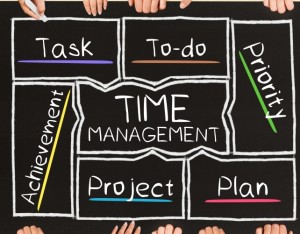by Scott Lutostanski
When it comes to executive functioning skills, winter break can be a blessing and a curse. Like any person going on vacation, it is a great opportunity to shut down the brain, recharge the batteries, and come back fully refreshed. However, for students who struggle to organize, plan, manage time, and get started on work, winter break can create a two-week stretch of unstructured freedom and a time for guards to be let down. Upon returning to school, this can result in a few weeks of “working off the rust,” which really means struggling once school, and finals, start up in January.
So how can you create an environment that allows students to relax and feel like they’re on break while still keeping their brains sharp and accessing their frontal lobe to execute the functions discussed above? The key is to find a non-invasive, non-confrontational way to challenge students to execute using their executive functions. In order to find this balance, parents can look to common winter break activities to engage their students planning and critical thinking. Each parent knows their own child, so choose a task that will create practice and not a household battle. Some ideas:
Cooking food: Ask for an assistant when it comes to making all those holiday dishes. Incorporate time, planning, and organization of ingredients into your child’s responsibilities. Have them map out time backwards from when the food needs to be ready so that they can complete all the steps of the recipe in time. If they need more of a challenge, give them 2 or 3 dishes they have to multitask at the same time. Just make sure they don’t ruin a family dinner!
To-do list: Once or twice over break, make sure to give your child (or, even better, dictate and have them write down) a list of simple household tasks. Cleaning, wrapping presents, shoveling snow, wiping off the car, helping with decorations, etc. Make sure to give a deadline for when the list has to completed by and then let them plan out their day to finish on time.
Send them out to buy something: Give them money, a list of purchases to make, and a time to finish by. It may be presents, groceries, or household items. They will have to manage transportation, purchases, and time to make sure they follow through by the deadline. Throw in filling up a tank of gas if you want to make it more challenging.
With all these tasks, it’s important to remember to allow the child to be independent. Provide the situation and not the structure. Avoid micro-management and trust the process (and the child!). If anything, give them a well-directed hint before they start. For instance, “make sure you think about what time you have to get started and the steps needed in order to be done in time.” The intended purpose is to provide them with a scenario that allows them to use their executive functions, not to have a parent watch over and manage their actions. So take a step back and let them succeed (or struggle) on their own.




